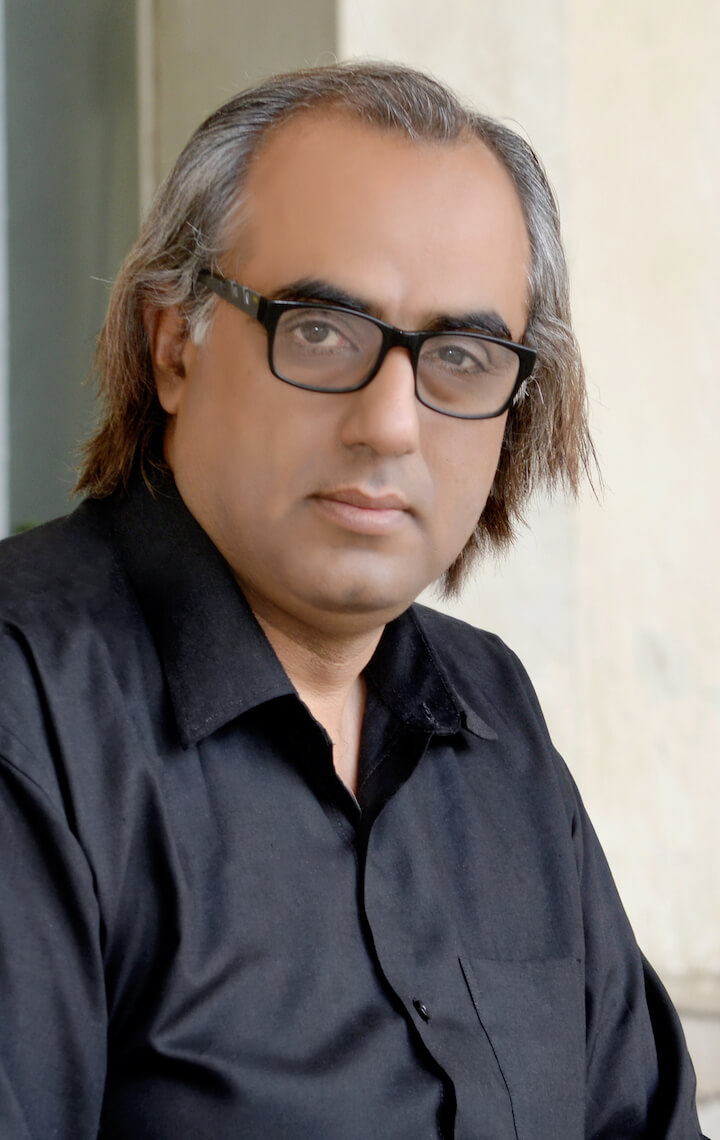
Kaun (‘Who’) is a clever exploration of the themes of history, identity and knowledge of self centered on its protagonist’s quest to find a suitable role in a film. Sarmad, a young rich boy, while rehearsing roles of different characters in their costumes and reciting their corresponding scripts, struggles to find the role that resonates within him. In both the protagonist and the reader this crisis of knowing one’s true identity conjures up the provocative and timeless words of the legendary Punjabi poet Bulleh Shah ‘Ki Jana Main Kaun’ (‘How do I know who am I’). Or as one Lahore based literary critic has aptly said that this potent novelette invites us to ask “Who are we if we don’t know our own history?”
The beauty of ‘Kaun’ exists in the unity of form and content through several dramatic monologues which themselves are set in different places and historical times. Sarmad stands in front of the mirror in the rehearsal room trying to act the lives of a labourer, musician, honest clerk, and even a woman. Characters emerge from Punjab’s ancient history to its partition in 1947. ‘Kaun’ highlights how hate can arise out of identities built on religion, caste, professions, languages and the ‘costumes’ people wear challenging the reader to know oneself.
